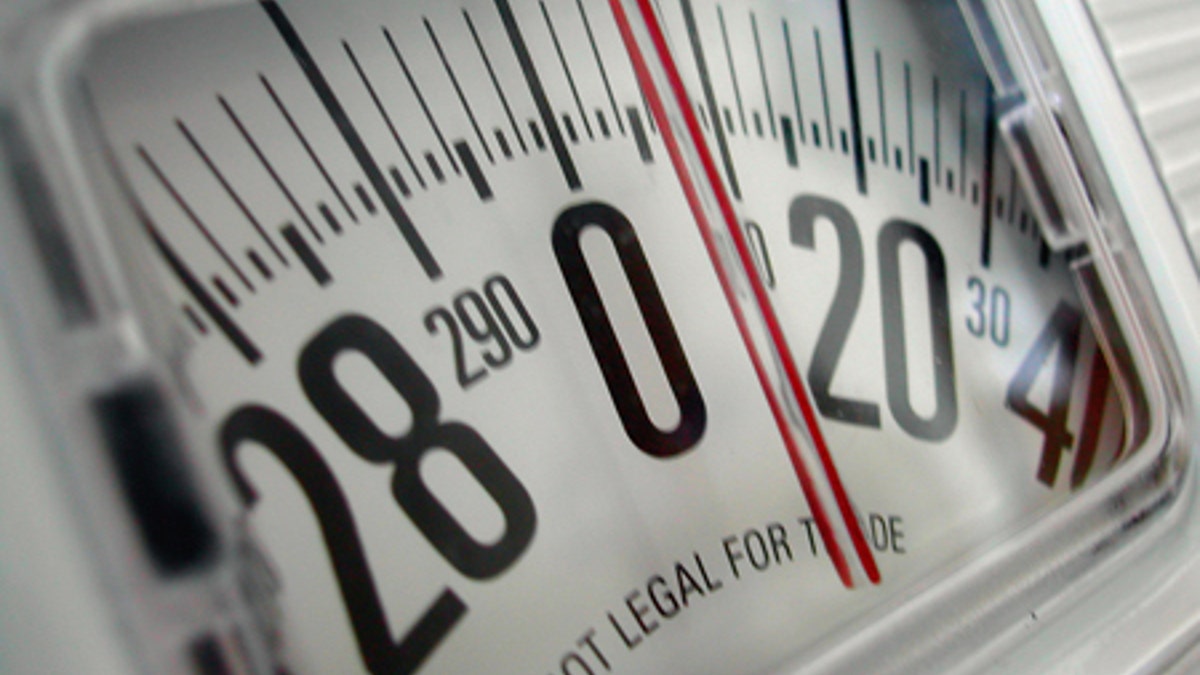
Losing weight is simple: Eat less and exercise more. Why that's so difficult for so many people is embedded deep in the human psyche.
A growing body of research is finding intriguing connections between personality traits and habits that can lead to obesity. The same parts of the brain that control emotions and stress response also govern appetite, several studies have shown. Early life experiences also set the stage for overeating years later, researchers have found.
"If we can understand how personality is contributing to weight gain, we can develop interventions to help people deal with it," says Angelina R. Sutin, a researcher at the National Institute on Aging who led a study published last year comparing the body mass index, or BMI, and personality traits of nearly 2,000 Baltimore residents over 50 years.
In the study, those who scored high on neuroticism—the tendency to easily experience negative emotions—and low on conscientiousness, or being organized and disciplined, were the most likely to be overweight and obese. Impulsivity was strongly linked to BMI, too: The subjects in the top 10% of impulsivity weighed, on average, 24 pounds more than those in the lowest 10%. People who rated themselves low on "agreeableness" were the most likely to gain weight over the years. The study was published in July in the Journal of Personality and Social Psychology.
The link between emotions, food and weight control starts at a very early age. Toddlers who had low-quality emotional relationships with their mothers are more than twice as likely to be obese at age 15 as those who have closer bonds, according to a study of 977 children funded by the Eunice Kennedy Shriver National Institute of Child Health and Human Development and published in the journal Pediatrics this month.
Diet coaches, nutritionists and cognitive-behavioral therapists have long warned against eating for emotional reasons and urged people who overeat to identify eating triggers.
"Is there anybody who doesn't know that broccoli is better for you than a Big Mac?" asks Renée Stephens, a San Francisco weight-loss coach and author of a new book, "Full-Filled." "What's important is identifying what's going on in our heads and what we're using the food for." Otherwise, any diet is bound to fail, she says.
